Women Money Changers At Heart Of Djibouti's Street Economy
They are a familiar sight on the busy streets of Djibouti: women clutching handbags bulging with dollars, euros, riyals and rupees, the money changers keeping the informal economy ticking over.
Perched on plastic chairs, feet propped on wooden steps, these "sarifley" as they are locally known are vital to the global cast of migrants, traders and soldiers passing through this tiny nation at the crossroads of Africa and Arabia.
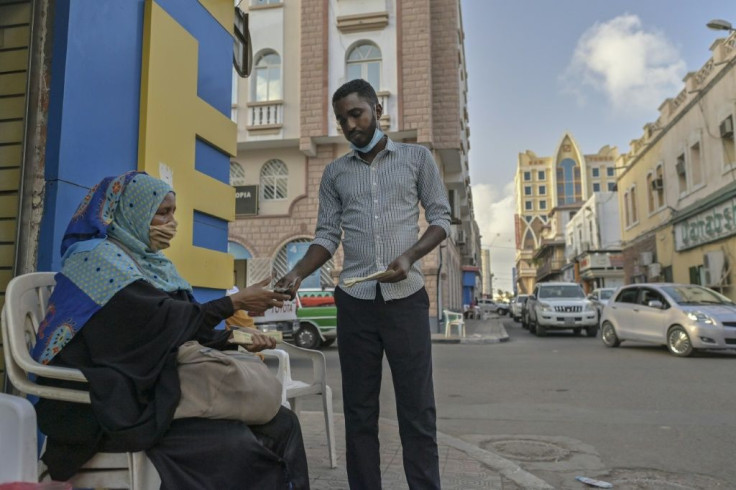
Trading in money offers a safe, reliable way especially for women to feed their families, in a conservative country where they lag men in education and literacy.
"I have it all. Euros, English pounds, Turkish lira, dollars, Indian rupees, anything," said Medina, who offered just her first name, flashing a purse she estimated held the equivalent of one million Djiboutian francs ($5,600/4,700 euros) in multiple currencies.
Customers and traders alike say that economic life would suffer a lot more friction without the money changers.
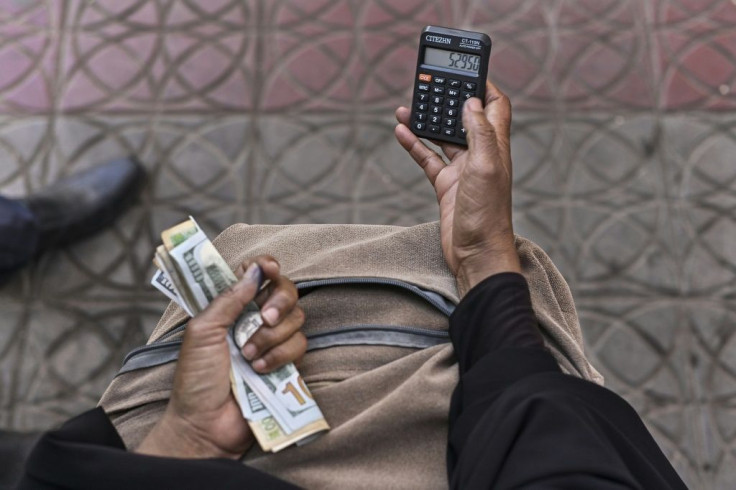
Camped at Rimbaud Square, overlooked by a grand mosque in the heart of Djibouti city, Medina and three other sarifley scan the bustling crowds for customers.
Before long a young man from Yemen, the war-torn country across the Bab-el-Mandeb strait from Djibouti, approaches in a flowing white tunic and turban, wanting to change Saudi riyals.
Medina exchanged a few words with the foreigner, tapped some calculations into her phone, then counted out a wad of crumpled Djiboutian francs retrieved from the depths of her bag.
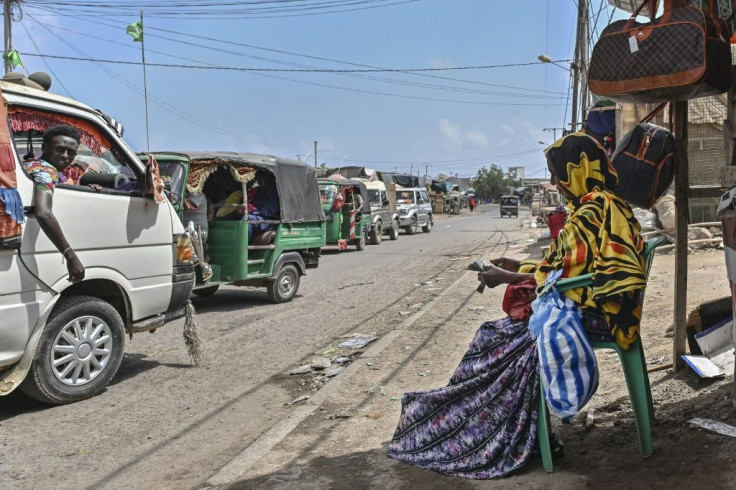
"We bring Saudi riyals with us (to Djibouti) because our currency, with the war, keeps fluctuating all the time," said the Yemeni, slipping away into the crowd as a police car crawled by.
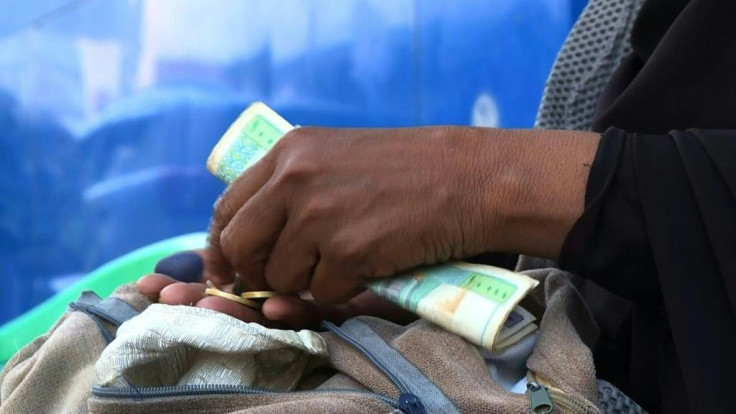
Refugees from Yemen, migrants en route to the Gulf, foreign troops stationed in naval bases, Ethiopian truck drivers -- Djibouti is a melting pot of cultures, and currencies, on the Horn of Africa.
"We also deal with Djibouti businessmen going abroad for their work, as well as foreigners and tourists," said Noura Hassan, another sarifley in the capital.
When her husband died a decade ago, the mother-of-three started out with just her savings in francs, before acquiring more currencies.
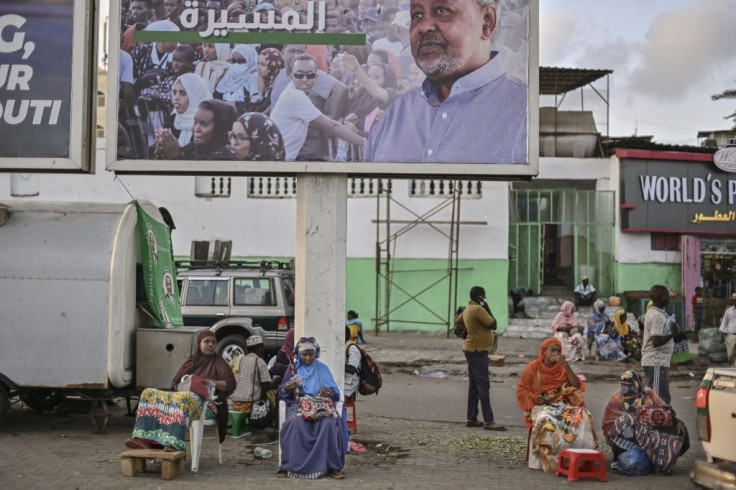
Every day, Hassan refers to a printout from the local bank to gauge exchange rates and determines what to offer customers for the major currencies.
"It is a good job, and I am proud of it," said the money changer, wearing a blue veil and black abaya, the traditional floor-length tunic worn by Muslim women.
In PK12, a busy neighbourhood where many Ethiopians live, Ahmed jumped out of his tuk-tuk to change some Ethiopian birr on the roadside.
"The difference might be 10 or 20 francs, it's not much," said the rickshaw driver about the street rates compared to those officially on offer.
But those exchange offices are far away -- whereas the sarifley are on every corner and marketplace.
"Without them, I would say that trade in PK12 would not be possible," said Faiza, who sells khat, the popular narcotic plant that is a daily staple in Djibouti and other parts of the Horn.
"They make sure to feed their families... We help each other like that," the 25-year-old trader said.
The informal sector drives around two-thirds of economic activity in Djibouti, said researcher Abdoulkader Houssein Mohamed from the Djibouti Center for Studies and Research (CERD).
Of those engaged in the sector, three-quarters are women, he added.
Safety might be a concern, but in a country of just under one million inhabitants, even the capital feels like a village, the sarifley said -- a reassurance when your line of work requires carrying bundles of cash on the streets.
Zahra, one sarifley in the city, said of thieves: "They don't come near us. They are afraid."
"Even if I was asleep and you handed me a forgery, I would know... Counterfeit cash, I'll know. The real thing, I know. That's my job isn't it?"
© Copyright AFP {{Year}}. All rights reserved.





















